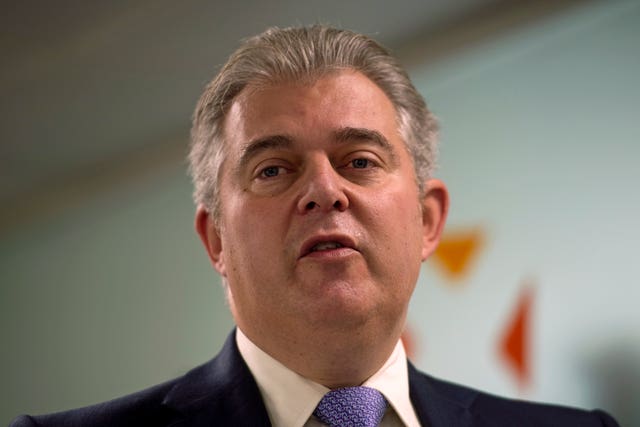
More than half a million EU citizens applied last month to live and work in the UK after Brexit.
Some 590,300 applications were made for the EU Settlement Scheme in October, according to Home Office figures.
This takes the total received up to the end of the month to 2.4 million.
More than 1.9 million applications have been processed, with 60% granted permission to live permanently in the UK when freedom of movement ends, known as settled status.
This means there is a backlog of more than half a million applications where people are still waiting for a decision.
Around 40% were given pre-settled status, which allows someone temporary leave to remain and the chance to reapply for permanent residency after living in the country for five years.
Four applications have been refused on suitability grounds.
Polish nationals have made the most applications, with 456,600, followed by Romanians (388,600) and Italians (259,300).
Last week, more detailed figures up until the end of September suggested more than half a million people, including over 70,000 children, had not been granted the right to continue living in the UK permanently after Brexit.

Most of these had been granted pre-settled status, the figures indicated, meaning they would need to apply again after living in the country for five years for a chance to remain the UK permanently.
But around 8,000 applications were unsuccessful, according to the figures, resulting in no immigration status being granted. These would include applications refused or classed as void, withdrawn and invalid.
All the figures are classed as experimental, meaning they are still being finalised and are not exact.
Ministers insist the scheme is working and is on schedule, despite concerns from campaigners that another estimated 1.5 million people are yet to apply and not everyone is receiving the status they are entitled to.
Last month, security minister Brandon Lewis indicated that EU citizens could be deported if they did not apply by the deadline.
The Government is spending an extra £1 million advertising the scheme, in addition to £3.75 million already allocated for marketing, after a radio advert was banned for failing to make clear that further documentation as well as a passport or ID card would be needed to apply.
How individuals will be able to view and manage their digital status: https://t.co/kyXUjzwF8j
— EU Settlement Scheme (@EuSettlement) August 30, 2018
Applications can be submitted by computer or post and a mobile app has been developed.
Under the scheme, EU citizens and their relatives, plus those from the European Economic Area (EEA) countries of Iceland, Liechtenstein and Norway as well as Switzerland, are asked to apply to confirm their immigration status so they can live and work in the UK when freedom of movement ends.
Relatives of EEA and Swiss citizens who are not from any of those countries but all live in the UK under EU law are also being urged to apply.
Once granted status, applicants can use the NHS, study and access public funds and benefits, as well as travel in and out of the country. But first they must prove their identity, show they live in the UK and declare any criminal convictions before the deadline.


Comments: Our rules
We want our comments to be a lively and valuable part of our community - a place where readers can debate and engage with the most important local issues. The ability to comment on our stories is a privilege, not a right, however, and that privilege may be withdrawn if it is abused or misused.
Please report any comments that break our rules.
Read the rules hereLast Updated:
Report this comment Cancel